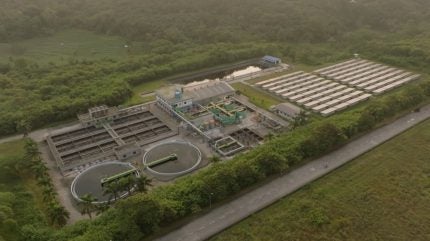
Win Textile’s transition, part of the “Coal-Zero” project, was accomplished one year ahead of the initially projected timeline.
The Indonesian site now operates on palm kernel shells (PKS), a byproduct of the palm oil sector known for high combustion efficiency and reduced emissions.
With a caloric value exceeding 4,000kcal/kg and low carbon and sulphur emissions, PKS usage enables the company to reduce its environmental footprint when contrasted with conventional fossil fuels.
The company’s recent action bolsters its commitment to meeting international climate objectives and adheres to the decarbonisation criteria set by global fashion and sportswear firms.
This change is a component of a larger plan aimed at improving energy efficiency within manufacturing activities, minimising the reliance on traditional fossil fuels and fostering enduring operational stability.
Win Textile’s Indonesian plant, which was established in 2011, is Leadership in Energy and Environmental Design (LEED) certified. The plant started using 100% renewable electricity in 2022 and advanced its green initiatives by installing a 1MW solar power system in-house in 2023 to bolster energy independence.
The company is considering the implementation of dedicated biomass boilers to enhance combustion efficiency and reduce both energy consumption and operational costs.
It is also testing alternative renewable fuels such as rice husk pellets, cashew nut shell cake, and empty fruit bunch (EFB), aiming for sustained flexibility and energy security.
Win Textile also intends to diminish resource usage across its steam, thermal oil, electricity, and water systems to optimise efficiency while mitigating environmental impact.
A Win Textile spokesperson said: “We believe real sustainability must be systemic —not just fuel swaps, but investments in infrastructure, supply chain diversification, and technology. This is our blueprint for what future-ready textile manufacturing looks like.”
Sae-A says Win Textile’s advancements in sustainability present a model for scalable, low-carbon production that upholds both performance standards and accountability. This comes amid the increasing demand for brands to address scope 3 emissions and ensure ethical sourcing practices.
These efforts are said to contribute to Win Textile’s climate strategy and assist global fashion brands in making tangible progress toward their scope 3 decarbonisation targets.



